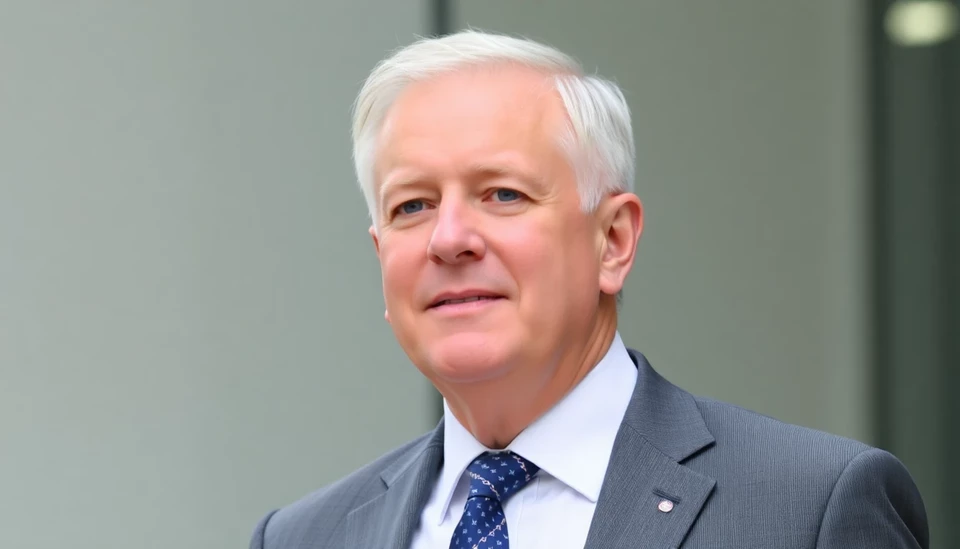
Barclays, a major player in the UK's banking landscape, has become a focal point for climate activists who are ramping up their efforts to hold financial institutions accountable for their role in climate change. The bank is under scrutiny not only for its financial decisions but also for its investments in fossil fuels, which critics argue contradict the urgent need for sustainable practices in the face of a climate crisis.
The scrutiny comes amid a global push for environmental responsibility, with numerous activists advocating for banks to divest from polluting industries and invest in renewable energy sources. Barclays has found itself in the crosshairs due to its substantial financing of fossil fuel projects, alongside its failure to meet set climate targets. This has ignited protests and calls for action from various environmental groups.
A significant aspect of the climate activists' campaign against Barclays is their push for transparency in financing. Many activists are demanding that the bank disclose its investments and how they align with the climate goals set out in international agreements like the Paris Accord. This transparency is viewed as critical for accountability in an industry that has been criticized for "greenwashing," where institutions promote themselves as environmentally friendly while failing to take substantial action.
Several protests have taken place, drawing attention to Barclays’ investments that contribute to greenhouse gas emissions. Activists have staged sit-ins and marches, passionately expressing their concerns about the bank's future in light of the climate emergency. These demonstrations aim not only to raise public awareness but also to pressure the bank to adopt more sustainable policies and practices.
In response, Barclays has stated its commitment to achieving net-zero emissions by 2050 and has outlined plans to reduce its financing of fossil fuel projects. However, activists remain skeptical, arguing that the bank needs to take immediate action rather than delaying with long-term promises. The call for accountability has grown louder as experts warn that immediate investments in clean energy are necessary to avert the worst impacts of climate change.
Furthermore, with the financial sector facing increasing regulation regarding sustainability, Barclays finds itself at a pivotal crossroads. The bank's ability to adapt to the evolving landscape of environmental norms could significantly impact its reputation and profitability in the years to come. Activists argue that by failing to lead in sustainable financing, Barclays runs the risk of losing support from a growing base of environmentally-conscious investors.
As the climate crisis intensifies, it is clear that financial institutions must play a crucial role in steering the world toward a more sustainable future. Barclays, caught between its traditional business model and the demands of new-age activism, stands to face significant challenges as it attempts to navigate this complex landscape. How the bank responds to these pressures may set the tone for its future and potentially reshape the relationship between finance and environmental sustainability.
In conclusion, as the pressure from climate activists continues to mount, Barclays must prioritize transparency, accountability, and a genuine commitment to sustainability if it hopes to maintain its reputation and relevance in an increasingly environmentally-conscious market.
#Barclays #ClimateActivism #SustainableFinance #Greenwashing #FossilFuels #EnvironmentalResponsibility #ClimateCrisis #NetZeroEmissions
Author: Peter Collins




